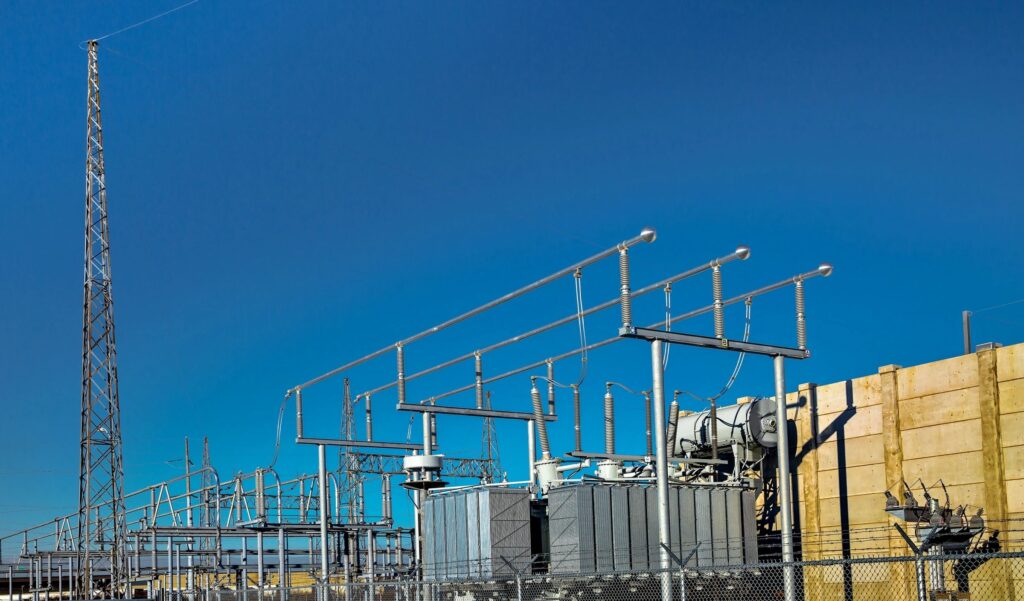Apr 08, 2025
AEP/APCo Case in WV Could Bode Well for VA

We’ve been watching the current net metering tariff case for American Electric Power (AEP) in West Virginia closely both for its impact on solar customers in the Mountain State and also for any precedent that a decision might set for the operations of AEP’s subsidiary in Virginia, Appalachian Power (APCo). In a post that’s a little more technical than our usual articles, and which we hope will be of special interest to those interested in public policy on net metering, below we read the tea leaves to see what might be coming from West Virginia to Virginia later this year.
AEP Net-Metering Tariff Cases in WV and VA — A Tale of Two States and One Utility
The West Virginia Public Service Commission will be filing its testimony on April 23, 2025. We should be watching for that testimony as a bellwether for the APCo case in Virginia. Based on precedent with the outcome of the First Energy net-metering tariff case in West Virginia last year, the PSC may likely recommend a net-metering rate for AEP significantly higher than it proposed, driven in large part by recent high capacity charges and high transmission costs for AEP (which I talk about below).
Significance for West Virginia
The West Virginia PSC testified against First Energy in its net-metering tariff filing in 2023, coming in at 9.3¢/kWh, against First Energy’s filing for 4.5¢, and the result was a 9.3¢ settlement price. The current average AEP residential energy charge for up to 1,000 kWh usage in Charleston, WV is 16.7¢/kWh, and the average large general service rate — for greater than 100 kW per month — commercial energy charge is 5.24¢/kWh.
While the First Energy net-metering rate per PSC testimony represented a haircut for residential solar customers, the rate proposed by First Energy would have been a deal-killer for solar, at four times lower than the current net-metering retail rate. By contrast, the PSC proposed rate that was settled with First Energy represents a significant boon for commercial customers like municipalities, universities, public schools, hospitals, and large commercial businesses.
Significance for Virginia
The significance for Virginia is that the West Virginia net-metering case is directly tied to the Virginia docket in that AEP operates in both jurisdictions. AEP’s retail business is 40% in West Virginia and 55% in Virginia, with the remaining 5% spread among contract wholesale customers. The underlying cost structure for AEP is very similar in both states. The average AEP/APCo residential energy charge for up to 1,000 kWh usage in Roanoke, Va is 17.4¢/kWh, and the average large general service commercial energy charge is 7.1¢/kWh.
The West Virginia PSC testimony on its AEP rate case will figure prominently in the Virginia APCo rate case, and could be used as a floor for plaintiff rebuttal testimony due April 29 and the evidentiary hearing beginning on May 20. The Dominion net-metering docket will soon follow.
Higher Capacity Charges for AEP
The higher capacity charges are derived from the PJM 2025-26 Baseline Residual Auction (BRA), which cleared at $269.92 per MW-day (up from $28.92 in 2024-25). The higher net Costs of New Entry (Net Cone) in building combined cycle power generation plants in PJM are nearly double at $251/MW-day for the RTO in 2025-26 from the previous Net Cone of $153/MW-day in 2022-23.